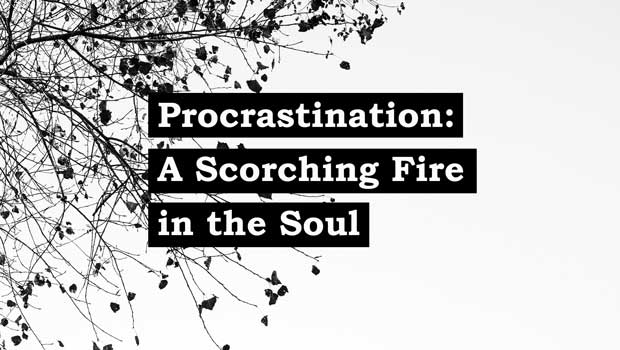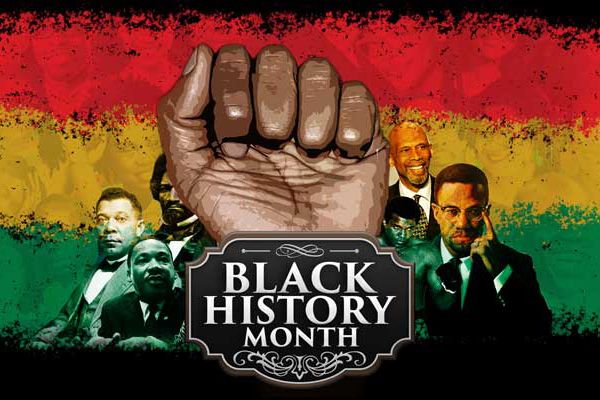It has long been thought that emotions are generated by the brain, that they are mental expressions that have their physiological effects within the body, felt as happiness, sadness, confidence, anger, and so on. Research over the last decade, though, has shown that emotional experience proceeds from the function of brain and heart in coordination with the body’s complex physiology. Moreover, the heart is now more and more understood as significant not only in terms of the experience of emotion, but also as an independent processor with an elaborate circuitry involving neurons, neurotransmitters, proteins, and support cells analogous to those in the brain. Such a network equips the heart to work independently of the cranial brain, functionally involved in the processes of learning, remembering, sensing, and feeling.
Even consciousness is now being shown to involve more than the cranial brain, with research in neuro-cardiology providing some fascinating perspectives on the interaction of brain and heart. According to Dr. Mohamed Omar Salem, professor in the Department of Psychiatry and Behavioral Science at United Arab Emirates University, “It has long been thought that conscious awareness originates in the brain alone. Recent scientific studies suggest that consciousness emerges from the brain and body acting together; a growing body of evidence now suggests that the heart plays a particularly significant role in this process. The above findings indicate that the heart is far more than a simple pump. In fact, it is seen now as a highly complex, self-organizing information processing center with its own functional ‘brain’ that communicates with, and influences, the cranial brain via the nervous system, hormonal system, and other pathways.”
When we speak about the heart as the center of emotions or as the seat of intelligence, traditionally it’s been understood that that we are speaking metaphorically, as in the Qur’anic verse “…hearts with which they understand not” (Qur’an 7:179). In fact, as mentioned above, it turns out that the heart is literally a “heart brain” and that the heart and the cranial brain are constantly exchanging information. According to recent studies, the heart sends more information to the brain than vice versa.
‘Gently Rolling Hills’ of the Heart
Purifying the heart takes on another profound layer of meaning. Thinking about the heart in a broader perspective allows for an understanding of moral and spiritual imperatives, as per the verse above, but it also makes sense in terms of health and physical well-being. Negative emotions such as frustration or anger create erratic heart rhythms, increase stress hormone levels, constrict blood vessels, raise blood pressure, and weaken the immune system; while positive emotions such as love, gratitude, and compassion create a heart rhythm pattern that has been likened to “gently rolling hills.” Purifying the heart sounds like a pretty smart thing to do! In the interaction of brain and heart, we begin to conceive of the heart’s function as not just metaphorical but literal, as it plays its central role as a generator and processor, in its own right, of emotion and cognition.
The Prophet (s), said, “Truly in the body there is a morsel of flesh which, if it be whole, all the body is whole; and which, if it be diseased, all of it is diseased. Truly it is the heart” (Bukhari and Muslim). Working toward knowing ourselves fully involves both mind and heart. But as imperfect humans, we too often think that we should focus our attention on “teaching others how to live.”
What comes to mind is the teaching story about the old man who was sitting with two friends at a coffee shop. One asked him what he considered the most important thing he had learned in his long life. He answered, “As a young man, I was self-assured, full of enthusiasm, and used to pray to God to help me change the world. Then when I was 40 years old, I realized that my life was already half over, and I was honest enough with myself to admit that I had done little to change the world. So, I prayed to God to help me change the people closest to me, all of whom had so many imperfections and harmful habits. But none of them changed for the better and my relationships became even more difficult. Now I’m an old man and my prayer is simple indeed. I ask God to give me the strength and determination to change myself.” This story is simplified and exaggerated to make a point. We know that one can work on oneself while also influencing others to be better. But if a person is not working on himself as the foundation, then all efforts to impact others will fail. What we have to work on is the entirety of our beings — thoughts, feelings, words, actions.
Both Brain and Heart
It is worth repeating that both the brain and heart are involved in cognition and emotion. The interplay of heart and brain is complex, and it is not necessary that we understand in depth and detail how that plays out. What concerns us is the harmonious outcome, being aware of and working on both cognitive and emotional faculties, knowing ourselves through observation and honest evaluation of self.
Based on current research, we can say that “understanding with the heart” is not simply metaphorical. Without doubt, thought and feeling are both involved in everything we say and do. Thoughts activize and feed emotions, and emotions catalyze and reinforce thoughts. They are two revolving facets of the same perceptual and experiential dynamic. The healthy and effective approach to daily living is one which comprehends and integrates in a balanced way both the thinking and feeling modes. The harmony we are striving for is one in which all aspects of our being are integrated into a coherent, well-functioning, and efficient system. Beliefs, thoughts, emotions, attitudes, behaviors — all different aspects, yet interlocking parts that can create a wholeness and completeness in our lives.
To Die Integrated
There is a true story from the life of Prophet Muhammad (s), as related by Dr. Yusuf Al-Qaradawi in “Al-Eman wal-Hayah” that illustrates this wholeness and completeness. A group of thirteen men traveled from Yemen to the Prophet in Medina, seeking to learn as much as they could, and they stayed a number of days but were eager to return to their people and share what they had learned. On the day of departure, they came to give their farewells to the Prophet (s). He called upon Bilal (r) to give them gifts and provisions to take with them, to honor them and be generous with them. Prophet Muhammad asked, “Is there anyone else who has not been given a gift.” They said, “Yes O Messenger of Allah. There is one young man, and he is the youngest among us.” The Prophet said, “Send him to me.” They went to the young man who was taking care of their belongings and caravan and informed him that the Prophet asked that he come to take his farewell and get his gifts. The young man went to the Prophet and said, “O messenger of Allah, I am with the group from Bani Abdhyy.” The Prophet (s) said, “What are your needs?” The young man said, “My needs are different from my companions’ needs. Although they came desiring to learn about Islam and have done so, and you have given them gifts, indeed by Allah I did not come from my country but to ask Allah SWT to forgive me, to have mercy on me, and make my richness in my heart.” Prophet Muhammad motioned for the young man to come closer, and he put his hand on his shoulder and head and made this du’a for him: “O Allah forgive him and have mercy on him and make his richness in his heart.” Then the Prophet called Bilal to give him gifts as had been given to the rest of his companions.
Some years later, the same group came to the Prophet in Medina and said, “O Prophet we are from Bani Abdhyy.” The Prophet (s) asked about the young man as he was not with them this time. They responded, “We have not seen anybody like him, and we have not ever observed anyone with his contentment and his happiness. While the people rush to get worldly things, he never pays that any attention. Prophet Muhammad said “Al-hamdulillah (all praise is due to Allah), I pray to Allah SWT for this young man to die integrated.” They were surprised, and a man among them said, “Don’t all people die integrated, O messenger of Allah?” The Prophet explained, “There are among the people those who die fragmented. Their energies are scattered in many directions, including their whims and desires and concerns, scattered in various ways. And death comes to them while they are still scattered and fragmented on these many paths of the dunya.”
Dying in a state of integration would be reaching the end of one’s life in a state of wholeness and completeness — a state in which whims and desires and concerns have been unified by belief and virtue. The mind is no longer fragmented by internal conflicts, and the heart is calm and peaceful. Such was the young man, with an exquisite contentment and happiness that can only come from richness in the heart.






